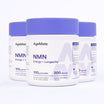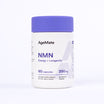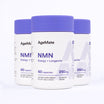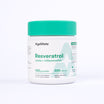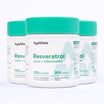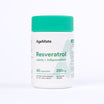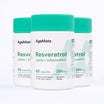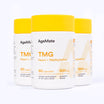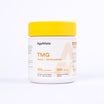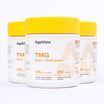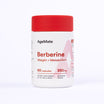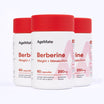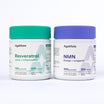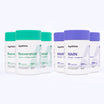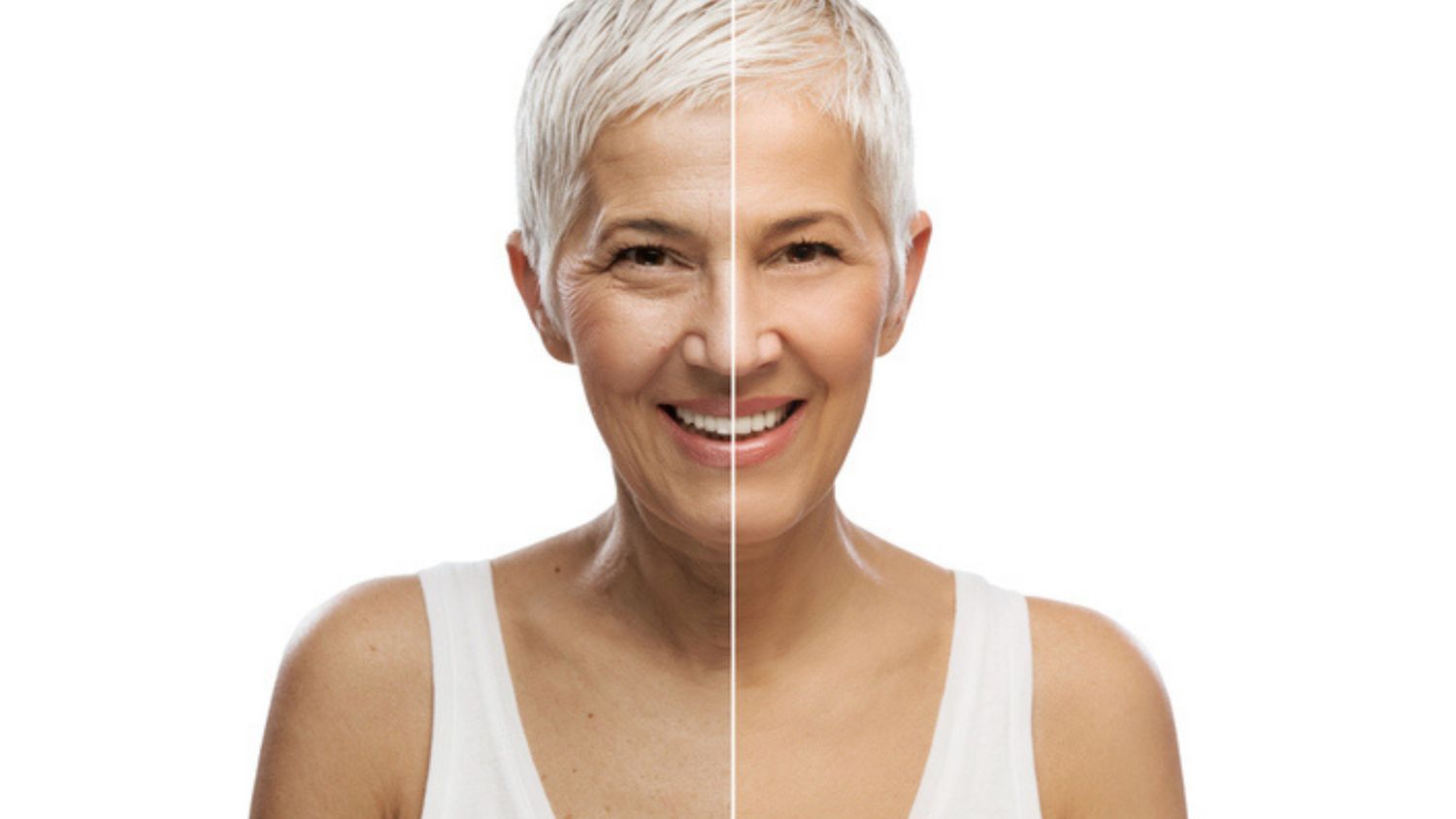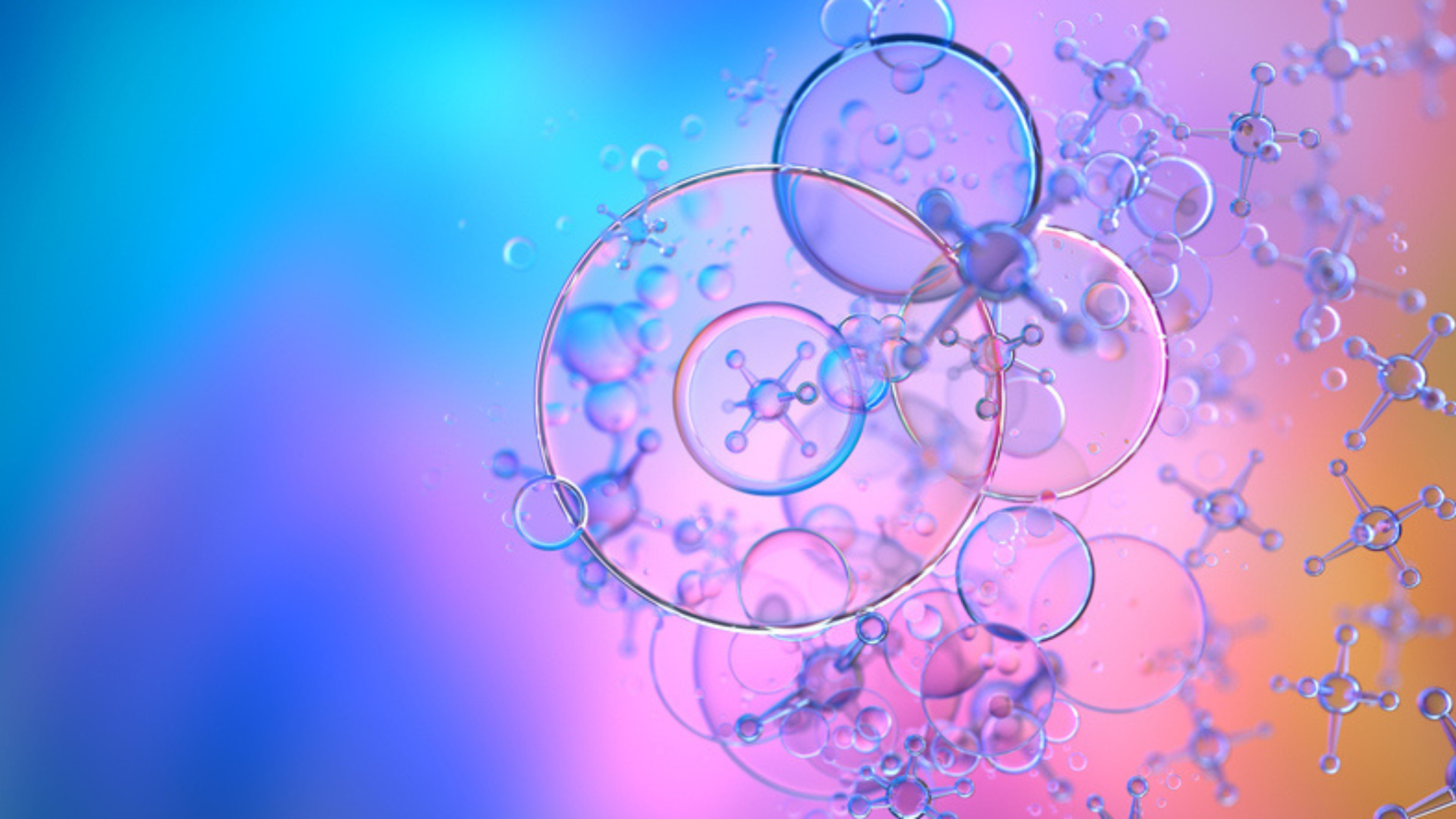Understanding your biological age offers a deeper insight into your overall health and aging process. Unlike your chronological age, which is simply the number of years you’ve lived, your biological age reflects how well your body is functioning and how quickly it’s aging. This knowledge can help you make more informed lifestyle choices to promote longevity and wellbeing.
The Difference Between Chronological and Biological Age
The Concept of Two Ages
Fun fact! You actually have two ages. The first one, your chronological age, tracks the number of times you’ve orbited the sun—essentially the age on your driver’s license. The second one, your biological age, tracks how your cells have changed over your lifetime.
A quick entry into a Pearson Chronological Age calculator will tell you your chronological age to the day. However, your cells, tissues, and organs don’t celebrate birthdays. Instead, they reflect your biological age, which is a measurement based on various biomarkers that can change due to lifestyle and health factors.
Your cumulative rate of aging compares your biological age to your chronological age, showing how fast your body has aged each year. It reflects a blend of genetics, lifestyle factors, and other determinants such as diet and exercise habits (R).
The Impact of Lifestyle on Biological Age
Life isn’t predictable enough for everyone’s biological age to match their chronological age exactly. Over time, your cells might age faster or slower than expected based on your chronological age. Understanding your biological age can guide you in making lifestyle changes to improve overall health.
The Epigenome’s Role in Biological Age
Understanding the Epigenome
Your genome is your complete set of DNA, containing instructions for building proteins that perform various cellular functions. The epigenome consists of chemical compounds and proteins that attach to DNA, instructing it to turn certain genes on or off. These compounds “mark” the genome without altering the DNA sequence, affecting how cells read the DNA’s instructions. One such mark is DNA methylation, which can be tracked as a sign of aging in different genomic regions.
The Analogy of the Kitchen Pantry
Think of your genes as all the ingredients in a kitchen pantry, and epigenetics as the cookbook. The instructions in the cookbook determine which ingredients you’ll use. For example, to create new fingernail cells, the body will read the DNA section for fingernails and use specific ingredients for production. While your genome remains the same, the epigenome changes throughout life, marking the genome via DNA methylation. Scientists can calculate biological age by examining specific sites along the genome for DNA methylation (R).
Precision of Methylation Changes
Regions of the genome show varying methylation with age, allowing scientists to match these changes to specific ages. Horvath’s study used 353 genomic sites to predict chronological age, while other research uses thousands of sites to predict biological age by comparing data to biomarker signatures. This provides a weighted average of biological age across various sites (R).
The Personalized Mosaic
Despite the usefulness of a single biological age number, in reality, your tissues and organs each have their own biological age. This creates a personalized mosaic reflecting the age at which your body is expected to function. Currently, the averaged biological age is a strong predictor of aging outcomes. The goal is to refine this further for specific body parts in the future (R).
Monitoring Your Biological Age
Importance of Tracking Biological Age
Knowing your biological age is crucial for a comprehensive health profile, but tracking it over time is equally important. Biological age can change, and monitoring these changes helps you understand which lifestyle choices are beneficial or harmful (R).
Influence of Lifestyle Choices
Different behaviours will affect various biological ages in distinct ways. Tracking how your life choices influence your health is key. While no single factor guarantees an improved biological age, certain practices can enhance overall health and slow biological aging, such as maintaining a healthy diet, cultivating positive relationships, managing stress, getting adequate sleep, and exercising regularly. Ideally, your biological age will decrease as you age chronologically, with greater variance at older ages (R).
Caution with Biological Age Testing
Remember, biological age test results should not be used to screen, diagnose, treat, cure, or prevent any disease or condition, or to assess disease risk, unless indicated by the test. Always consult your healthcare professional before using biological age to determine or alter any health or medical treatments.
Advances in Biological Age Testing
With scientific advancements, a simple saliva sample can now reliably indicate your biological age, simplifying the process of tracking your health. Understanding your biological age and the habits that affect it, alongside healthy living, can significantly improve your overall health. Ideally, your biological age will become a number worth celebrating.
Conclusion
Understanding and monitoring your biological age provides invaluable insights into your overall health and wellbeing. By recognizing the factors that influence your aging process, you can make informed lifestyle choices that promote longevity and improve your quality of life. Advances in science have made it easier than ever to track biological age, empowering you to take proactive steps toward better health.
For a deeper dive into the fascinating world of biological aging and innovative measures, check out our blog DunedinPACE: A Revolutionary Measure of Aging.



